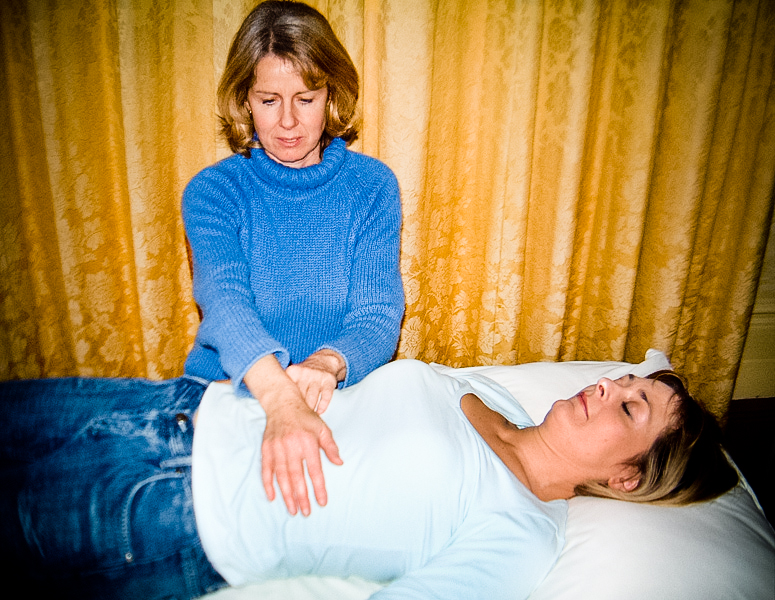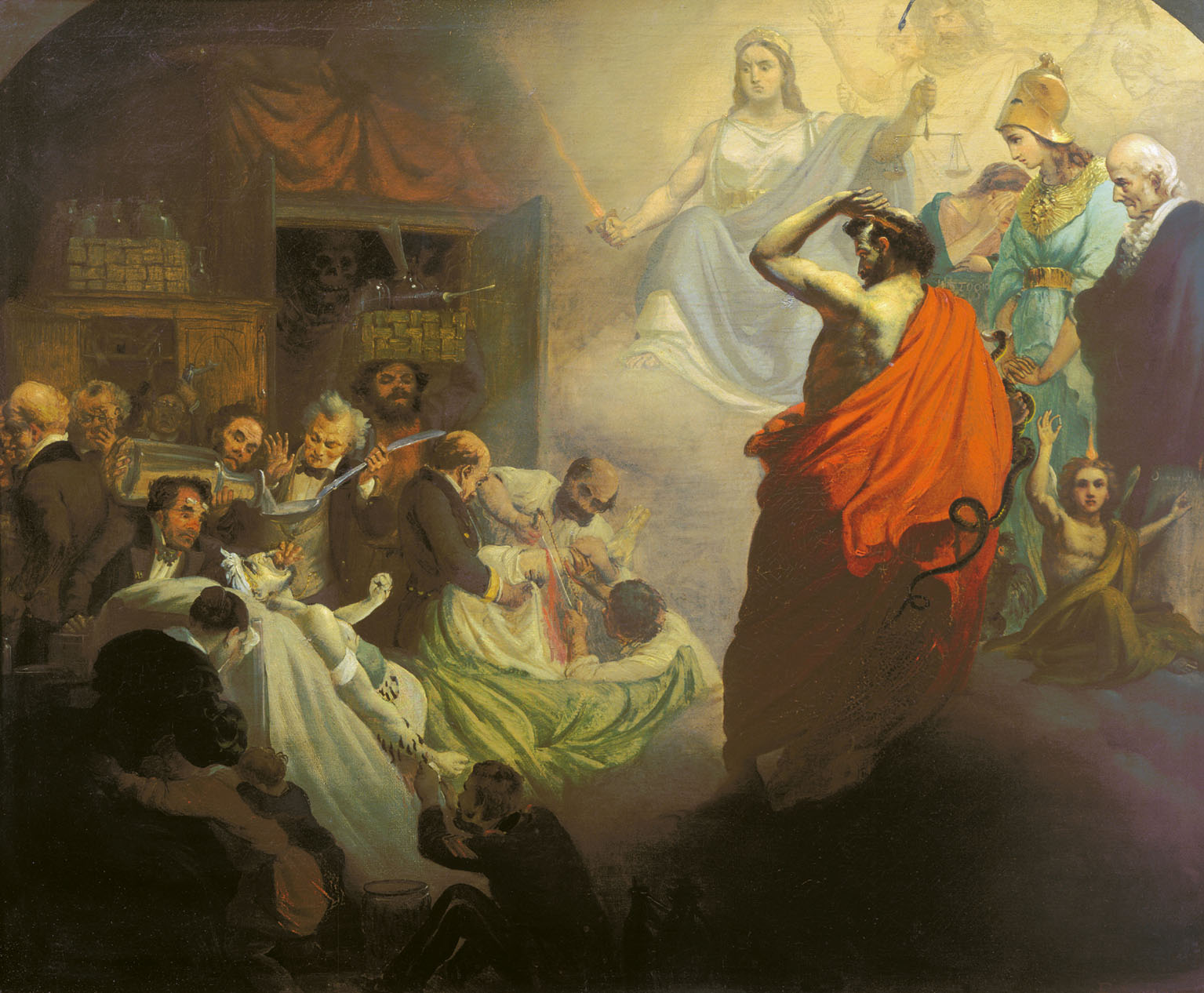|
The Critical Eye
''The Critical Eye'' is a Discovery Channel, Discovery Science Channel documentary series examining Pseudoscience, pseudoscientific and paranormal phenomena. The eight-part Television documentary, documentary series aired from October 2002 through February 2003 and was hosted by actor and Skeptical movement, scientific skeptic William B. Davis. Series description ''The Critical Eye'', alternately labeled as just ''Critical Eye'', was produced by the Discovery Channel, Discovery Science Channel, and was produced in association with ''Skeptical Inquirer'' Magazine. The show was described by cosmolearning.org as "William B. Davis hosts this programme bringing to the viewers the science behind the paranormal and the unexplained." Historical event references The series discusses several notable events: * The 1990 civil trial brought against Judas Priest alleging subliminal messaging in their music * The Stargate Project (U.S. Army unit), Stargate Project * The Phoenix Lights * The ... [...More Info...] [...Related Items...] OR: [Wikipedia] [Google] [Baidu] |
William B
William is a masculine given name of Germanic origin. It became popular in England after the Norman conquest in 1066,All Things William"Meaning & Origin of the Name"/ref> and remained so throughout the Middle Ages and into the modern era. It is sometimes abbreviated "Wm." Shortened familiar versions in English include Will or Wil, Wills, Willy, Willie, Bill, Billie, and Billy. A common Irish form is Liam. Scottish diminutives include Wull, Willie or Wullie (as in Oor Wullie). Female forms include Willa, Willemina, Wilma and Wilhelmina. Etymology William is related to the German given name ''Wilhelm''. Both ultimately descend from Proto-Germanic ''*Wiljahelmaz'', with a direct cognate also in the Old Norse name ''Vilhjalmr'' and a West Germanic borrowing into Medieval Latin ''Willelmus''. The Proto-Germanic name is a compound of *''wiljô'' "will, wish, desire" and *''helmaz'' "helm, helmet".Hanks, Hardcastle and Hodges, ''Oxford Dictionary of First Names'', Oxfor ... [...More Info...] [...Related Items...] OR: [Wikipedia] [Google] [Baidu] |
Repressed Memory
Repressed memory is a controversial, and largely scientifically discredited, psychiatric phenomenon which involves an inability to recall autobiographical information, usually of a traumatic or stressful nature. The concept originated in psychoanalytic theory where repression is understood as a defense mechanism that excludes painful experiences and unacceptable impulses from consciousness. Repressed memory is presently considered largely unsupported by research. Sigmund Freud initially claimed the memories of historical childhood trauma could be repressed, while unconsciously influencing present behavior and emotional responding; he later revised this belief. While the concept of repressed memories persisted through much of the 1990s, insufficient support exists to conclude that memories can become inconspicuously hidden in a way that is distinct from forgetting. Historically, some psychoanalysts provided therapy based on the belief that alleged repressed memories could be r ... [...More Info...] [...Related Items...] OR: [Wikipedia] [Google] [Baidu] |
Reiki
Reiki is a pseudoscientific form of energy healing, a type of alternative medicine originating in Japan. Reiki practitioners use a technique called ''palm healing'' or ''hands-on healing'' through which, according to practitioners, a " universal energy" is transferred through the palms of the practitioner to the client, to encourage emotional or physical healing. It is based on qi ("chi"), which practitioners say is a universal life force, although there is no empirical evidence that such a life force exists. Reiki is used as an illustrative example of pseudoscience in scholarly texts and academic journal articles. The marketing of reiki has been described as "fraudulent misrepresentation", and itself as a "nonsensical method", with a recommendation that the American government agency NCCAM should stop funding reiki research because it "has no substantiated health value and lacks a scientifically plausible rationale". Clinical research does not show reiki to be effective ... [...More Info...] [...Related Items...] OR: [Wikipedia] [Google] [Baidu] |
Homeopathy
Homeopathy or homoeopathy is a pseudoscientific system of alternative medicine. It was conceived in 1796 by the German physician Samuel Hahnemann. Its practitioners, called homeopaths or homeopathic physicians, believe that a substance that causes symptoms of a disease in healthy people can cure similar symptoms in sick people; this doctrine is called ''similia similibus curentur'', or "like cures like". Homeopathic preparations are termed ''remedies'' and are made using homeopathic dilution. In this process, the selected substance is repeatedly diluted until the final product is chemically indistinguishable from the diluent. Often not even a single molecule of the original substance can be expected to remain in the product. Between each dilution homeopaths may hit and/or shake the product, claiming this makes the diluent "remember" the original substance after its removal. Practitioners claim that such preparations, upon oral intake, can treat or cure disease. All relevant ... [...More Info...] [...Related Items...] OR: [Wikipedia] [Google] [Baidu] |
Acupuncture
Acupuncture is a form of alternative medicine and a component of traditional Chinese medicine (TCM) in which thin needles are inserted into the body. Acupuncture is a pseudoscience; the theories and practices of TCM are not based on scientific knowledge, and it has been characterized as quackery. There is a range of acupuncture technological variants that originated in different philosophies, and techniques vary depending on the country in which it is performed. However, it can be divided into two main foundational philosophical applications and approaches; the first being the modern standardized form called eight principles TCM and the second being an older system that is based on the ancient Daoist '' wuxing'', better known as the five elements or phases in the West. Acupuncture is most often used to attempt pain relief, though acupuncturists say that it can also be used for a wide range of other conditions. Acupuncture is typically used in combination with other forms o ... [...More Info...] [...Related Items...] OR: [Wikipedia] [Google] [Baidu] |
Exorcism
Exorcism () is the religious or spiritual practice of evicting demons, jinns, or other malevolent spiritual entities from a person, or an area, that is believed to be possessed. Depending on the spiritual beliefs of the exorcist, this may be done by causing the entity to swear an oath, performing an elaborate ritual, or simply by commanding it to depart in the name of a higher power. The practice is ancient and part of the belief system of many cultures and religions. Christianity In Christianity, exorcism is the practice of casting out or getting rid of demons. In Christian practice, the person performing the exorcism, known as an exorcist, is a member of a Christian Church, or an individual thought to be graced with special powers or skills. The exorcist may use prayers and religious material, such as set formulae, gestures, symbols, sacred images, sacramentals, etc. The exorcist often invokes God, Jesus or several different angels and archangels to intervene with the ... [...More Info...] [...Related Items...] OR: [Wikipedia] [Google] [Baidu] |
Witchcraft
Witchcraft is the use of Magic (supernatural), magic by a person called a witch. Traditionally, "witchcraft" means the use of magic to inflict supernatural harm or misfortune on others, and this remains the most common and widespread meaning. According to ''Encyclopedia Britannica'', "Witchcraft thus defined exists more in the imagination", but it "has constituted for many cultures a viable explanation of evil in the world". The belief in witches has been found throughout history in a great number of societies worldwide. Most of these societies have used Apotropaic magic, protective magic or counter-magic against witchcraft, and have shunned, banished, imprisoned, physically punished or killed alleged witches. Anthropologists use the term "witchcraft" for similar beliefs about harmful occult practices in different cultures, and these societies often use the term when speaking in English. Belief in witchcraft as malevolent magic is attested from #Ancient Mesopotamian religion ... [...More Info...] [...Related Items...] OR: [Wikipedia] [Google] [Baidu] |
Vampirism
A vampire is a mythical creature that subsists by feeding on the Vitalism, vital essence (generally in the form of blood) of the living. In European folklore, vampires are undead, undead humanoid creatures that often visited loved ones and caused mischief or deaths in the neighbourhoods which they inhabited while they were alive. They wore shrouds and were often described as bloated and of ruddy or dark countenance, markedly different from today's gaunt, pale vampire which dates from the early 19th century. Vampiric entities have been Vampire folklore by region, recorded in cultures around the world; the term ''vampire'' was popularized in Western Europe after reports of an 18th-century mass hysteria of a pre-existing folk belief in Southeast Europe, Southeastern and Eastern Europe that in some cases resulted in corpses being staked and people being accused of vampirism. Local variants in Southeastern Europe were also known by different names, such as ''shtriga'' in Albanian ... [...More Info...] [...Related Items...] OR: [Wikipedia] [Google] [Baidu] |
Russell Targ
Russell Targ (born April 11, 1934) is an American physicist, parapsychologist, and author who is best known for his work on remote viewing. Targ joined Stanford Research Institute (SRI) in 1972, where he and Harold E. Puthoff coined the term "remote viewing" for the practice of seeking impressions about a distant or unseen target using parapsychological means. Later, he worked with Puthoff on the US Defense Intelligence Agency's Stargate Project. Targ's work on remote viewing has been characterized as pseudoscience and has also been criticized for lack of rigor. Early life, education and career Targ was born in Chicago. He is the son of William Targ, an American book editor who was well-known and respected in the field of commercial publishing. According to Martin Gardner, Targ was introduced to the paranormal by his father whose Chicago bookstore carried a variety of paranormal works and whose later published works at Putnam included a biography of Helena Blavatsky, foun ... [...More Info...] [...Related Items...] OR: [Wikipedia] [Google] [Baidu] |
Ray Hyman
Ray Hyman (born June 23, 1928) is a Professor Emeritus of Psychology at the University of Oregon in Eugene, Oregon, and a noted critic of parapsychology. Hyman, along with James Randi, Martin Gardner and Paul Kurtz, is one of the founders of the modern skeptical movement. He is the founder and leader of the Skeptic's Toolbox. Hyman serves on the Executive Council for the Committee for Skeptical Inquiry. Career Hyman was born in Chelsea, Massachusetts to a Jewish family. Although he was bar mitzvahed at 13, Hyman "never had a religious feeling". In his teenage years and later while attending Boston University, he worked as a magician and mentalist, impressing the head of his department (among others) with his palmistry. Hyman at one point believed that 'reading' the lines on a person's palm could provide insights into their nature, but later discovered that the person's reaction to the reading had little to do with the actual lines on the palm. This fascination with why this h ... [...More Info...] [...Related Items...] OR: [Wikipedia] [Google] [Baidu] |
Richard Ofshe
Richard Jason Ofshe (born 27 February 1941) is an American sociologist and professor emeritus of sociology at the University of California, Berkeley. He is known for his expert testimony relating to coercion in small groups, confessions, and interrogations. False memories Ofshe lists his areas of interest to be coercive social control, social psychology, influence in police interrogation, and influence leading to pseudo-memory in psychotherapy. Ofshe has been characterized as a "world-renowned expert on influence interrogation". He believes that coerced confessional testimony is extremely unreliable and stated in a 1993 ''Time'' article that "Recovered memory therapy will come to be recognized as the quackery of the 20th century." In a more recent ''Time Magazine'' article in 2005, Ofshe is quoted as saying that false testimony does not just occur through coercion, but may also occur in instances of "exhaustion or mental impairment." However, he also stated that it is only r ... [...More Info...] [...Related Items...] OR: [Wikipedia] [Google] [Baidu] |
Elizabeth Loftus
Elizabeth F. Loftus (born 1944) is an American psychologist who is best known in relation to the misinformation effect, false memory and criticism of recovered memory therapies. Loftus's research includes the effects of phrasing on the perceptions of automobile crashes, the "lost in the mall" technique and the manipulation of food preferences through the use of false memories. In the Jane Doe case that began in 1997, Loftus and Melvin J. Guyer revealed serious concerns about the background and validity of the initial research. She has also served on the executive council of the Committee for Skeptical Inquiry and was a keynote speaker at the British Psychological Society's 2011 annual conference. As well as her scientific work, Loftus has provided expert testimony or consultation for lawyers in over 300 court cases, including for the legal teams of Ghislaine Maxwell, Harvey Weinstein, Ted Bundy, O. J. Simpson, Angelo Buono and Robert Durst. She has also written many boo ... [...More Info...] [...Related Items...] OR: [Wikipedia] [Google] [Baidu] |





